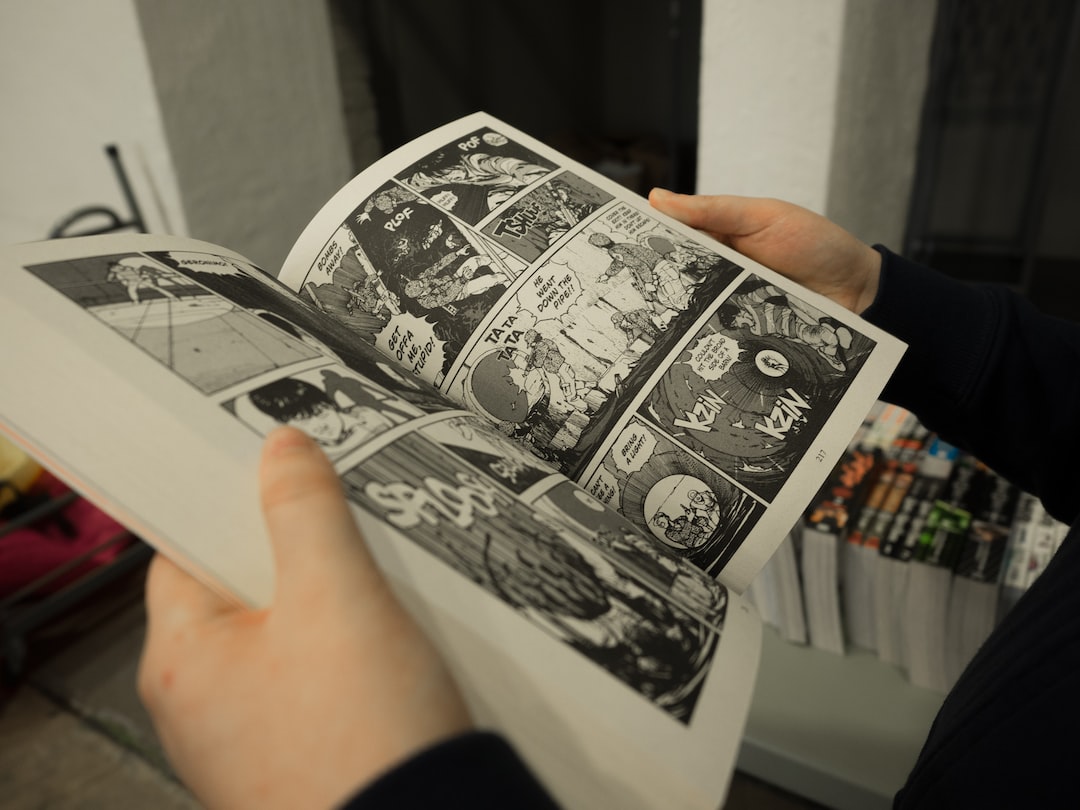Capturing Moments with Film Photography: Tips and Tricks for Beginners
In today’s fast-paced digital world, where snapping a photo is as easy as clicking a button on your smartphone, film photography has become somewhat of a lost art. However, there is a certain charm and nostalgia associated with capturing moments on film that cannot be replicated by digital cameras. If you’re a beginner looking to dive into the world of film photography, here are some tips and tricks to help you get started in creating memorable images.
1. Understand the Basics: Before you embark on your film photography journey, take the time to understand the basic concepts. Learn about aperture, shutter speed, and ISO, as these directly impact the quality and characteristics of your images. Familiarize yourself with different film types and their unique qualities, such as color negative, black and white, and slide film.
2. Choose the Right Camera: There’s a wide range of film cameras available, ranging from classic 35mm cameras to medium format and even large format cameras. Consider your budget, preferences, and shooting style to find the right camera for your needs. If you’re unsure, start with an affordable 35mm camera as it provides a great entry point to film photography.
3. Experiment with Film Types: One of the joys of film photography is the ability to experiment with various film types to achieve different looks and effects. Try shooting with color negative film for vibrant and realistic colors, or explore the world of black and white film to capture a timeless and dramatic mood. Each film type has its unique characteristics, so don’t be afraid to experiment and find your preferred style.
4. Take Your Time and Be Mindful: Unlike digital photography, film photography requires a slower pace and a more cautious approach. With each frame precious and limited, take your time to compose your shots and be mindful of the settings and lighting conditions. This mindset will train you to think critically before pressing the shutter button, resulting in more thoughtful and captivating images.
5. Master the Art of Metering: Metering is crucial in film photography, as it determines the correct exposure of your images. Invest in a light meter or use the one built into your camera to accurately measure the available light. Understand the different metering modes such as spot, center-weighted, and matrix metering to make informed decisions about exposure settings.
6. Embrace the Imperfections: One of the beautiful aspects of film photography is its imperfections. Embrace the occasional light leaks, grain, and unpredictable colors that come with shooting on film. These imperfections contribute to the unique soul and character of your images, making them stand out from the perfect and sterile digital shots.
7. Develop Your Own Film: While many beginner film photographers rely on professional labs for developing and scanning their film, consider learning to develop your own film at home. This not only gives you a greater sense of control and satisfaction but also provides an opportunity to experiment with alternative developing methods and achieve unique aesthetics.
8. Practice Patience: Patience is key in film photography. Unlike digital cameras where you can instantly review and delete unwanted shots, film requires patience in waiting for the rolls to develop and be scanned. Use this waiting time to reflect on the process and enjoy the anticipation of seeing your images for the first time.
9. Learn from Your Mistakes: As a beginner, expect to make mistakes. Embrace them as learning opportunities and strive to improve with every roll of film. Pay attention to what works and what doesn’t, and analyze the factors that may have contributed to the outcome of your images. Investing time in understanding your mistakes will help you grow as a photographer.
10. Have Fun and Experiment: Finally, the most important tip for beginners in film photography is to have fun and experiment. Don’t be afraid to break the rules and push the boundaries of your creativity. Film photography offers endless possibilities for artistic expression, so let your imagination run wild and capture moments that truly speak to your vision.
In a world saturated with digital imagery, film photography offers a unique and rewarding alternative. By following these tips and tricks, beginners can embark on a journey of capturing moments with a touch of nostalgia, creating images that will stand the test of time. So grab your film camera, load a roll of your favorite film, and start exploring the art of film photography today!
